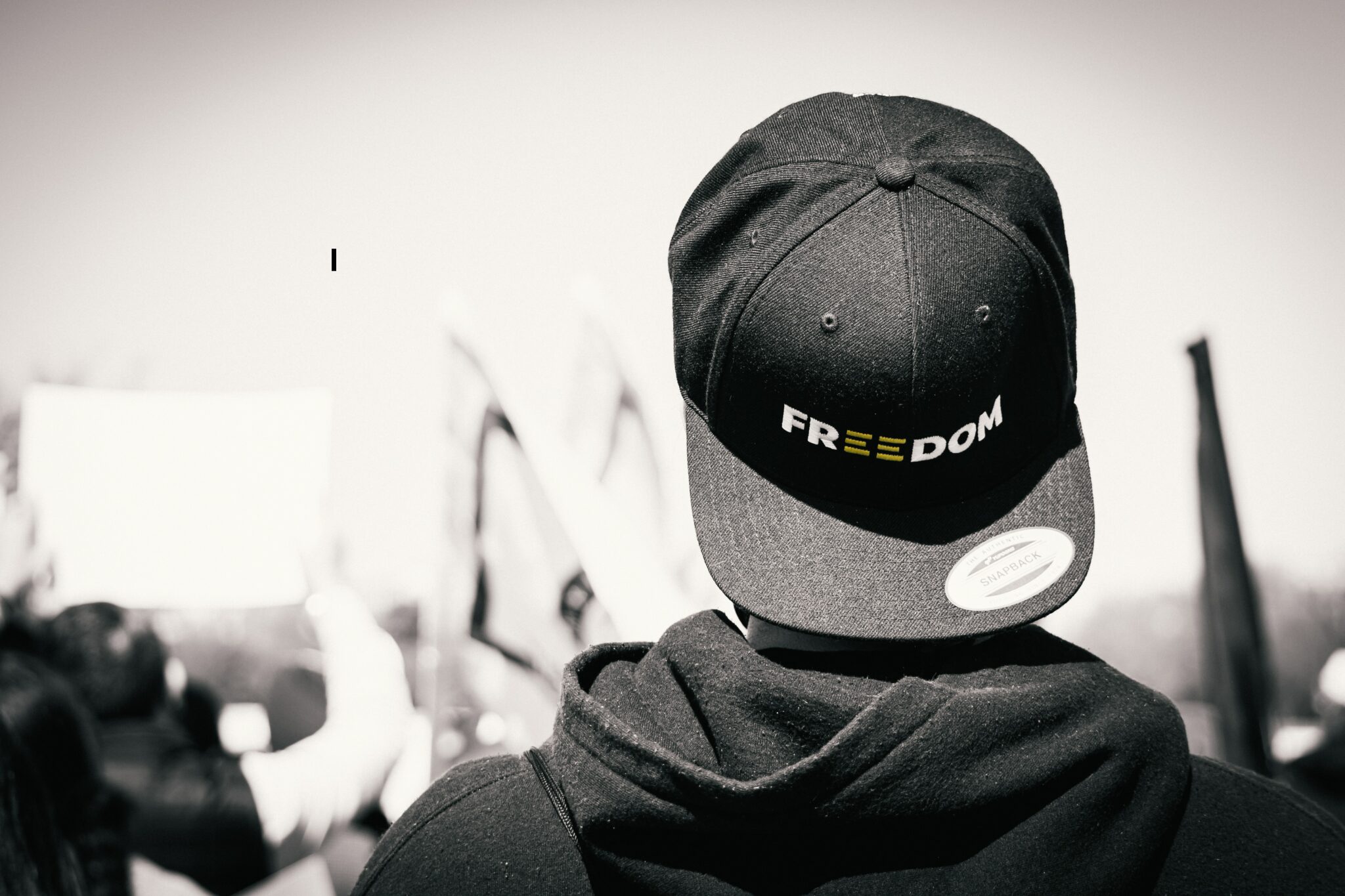Most Recent News


Popular News



A topic that will always cause dissidents to fight one another. An article on free speech versus accountable speech—Which is best?

The Zman had a unique podcast a couple of weeks back. You can listen to it here. Well worth the time investment.
Within the podcast, Zman talks about the liberal, post-Enlightenment “free speech”. He contrasts it to what a dissident would generally desire, which is free accountable speech. This means that free speech exists, but outright lies, theft of intellectual property (such as media organizations reporting on stolen donation lists), and slanders are not permitted and can be punished in courts.
This is not so much government “banning” speech, but rather courts not allowing outright lies in public speech. No one would be jailed for speech, so it’s not controlled speech, but it does have added requirements to not get sued. It would curtail mainstream media organizations from calling everything the dissidents do as right-wing nazi propaganda, unless they can furnish proof of it being nazi propaganda.
In many ways, this would promote better speech. People would need to be more careful and accurate in what they say.
It’s an interesting incursion into the complexities of what exactly free speech should or does entail. Free speech is a hard topic, and one that even dissidents disagree vehemently on.
Most would generally agree that there are three types of speech per system:
Very few are interested in the third option, so I ignore it for the purpose of this article.
The United States is mostly the first, with a few topics in the second (such as the infamous “don’t say fire in a crowded theatre unless there is an actual fire”). Most of our deviations are along the lines of violence, such as direct calls to violence. Many European nations are accountable free speech nations, where the rule of law prevents a lot of slandering speech at the threat of lawsuits. The third would include countries such as North Korea and China, where only government approved speech is permitted.
However, all nations are fluid with certain topics. For instance, in many European nations, you cannot question the holocaust. This is an example of controlled speech in an otherwise accountable speech nation-state. Very few nations, as far as I can tell, reside solely in one bracket.
Absolute free speech generally benefits liars, malevolent charismatic types, and centralizers. This is because they are the ones most likely to use it in its fullest effect, in the most malicious manner. They are also the most likely to be able to litigate and defend their speech against any rebuttals. Whereas accountable speech generally benefits the almost autistic, attention to detail and accuracy-focused types that will replace the centralizer in speaking roles.
Zman would definitely fall on the accountable speech side. Others are fine with absolute free speech. I’m not sure I have a strong position or align with either fully. I’d prefer a more mixed approach. But I see no use in controlled speech, so my ideal is a mixed approach with the first two.
The accountable speech proponents do raise worthwhile issues that need addressed. The “free speech” of our elites can be used to destroy us while simultaneously shielding them. But speech could also become very restricted if we had to have proof, and deal with the threat of litigation, for everything we say about other people or institutions.
The root of the issue is the centralizer, as is usual. If they were not an issue at the top, the absolute free speech would likewise not be an issue at the bottom. The solution to this should be relatively simple if we split speech according to levels of influence.
Institutions and people are not equal in terms of the damage caused by speech. A truck driver spouting off on Facebook live is not equal to a CNN correspondent reporting on the president. Twitter, a public utility, enforcing a speech narrative is not the same as a small blog enforcing public comments. They should not be treated the same.
The centralizer arenas and the people within them at the top of the hierarchy should be held to accountable speech, whereas the general public should have absolute free speech. It harms no one if some plumber says the president is a dementia patient, but it does harm the entire society if the DNC and mainstream media put out a false narrative about Trump-Russian collusion. Our leaders—In every arena, cultural, intellectual, political, and financial—Should have higher standards for speech than the rest of the public. They should be held to this standard with the courts. That is their role.
If they can’t handle that extra responsibility, then they aren’t useful in their leadership roles and should not be in them, anyway.
This would solve the problem of “free speech” being used by the elites to destroy us, while retaining absolute free speech for the people that cause no harm with it. It’s a way to bridge that power disparity, by requiring proportional responsibility with the level of power through speech.
So, my position is a mixed one. Accountable speech for the centralizer arenas, but free speech for the people.
Read Next:
When The Politburo And Mainstream Media Converge
Economic World War: The Severity Of The Dollar Crisis
If you enjoyed this article, bookmark the website and check back often for new content. New articles most weekdays.
You can also keep up with my writing by joining my monthly newsletter.
Help fight the censorship – Share this article!

(Learn More About The Dominion Newsletter Here)